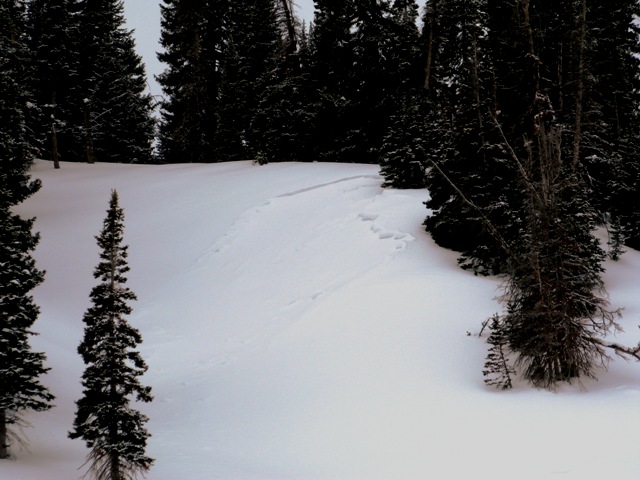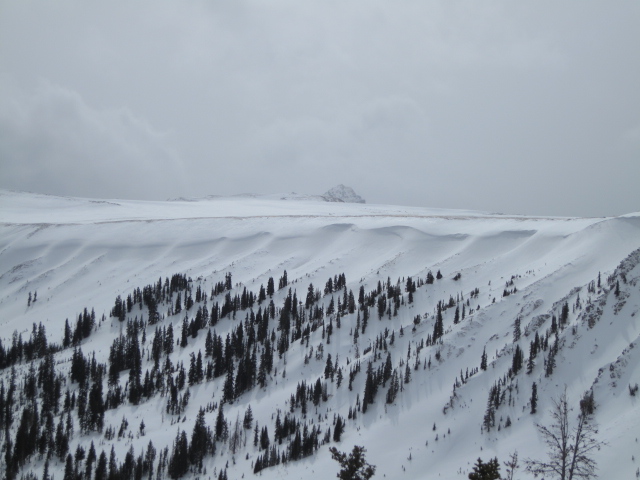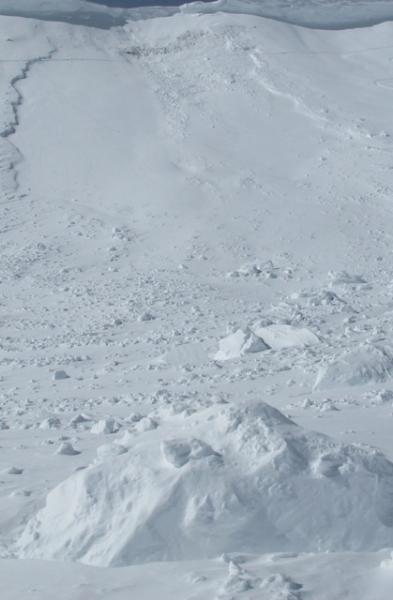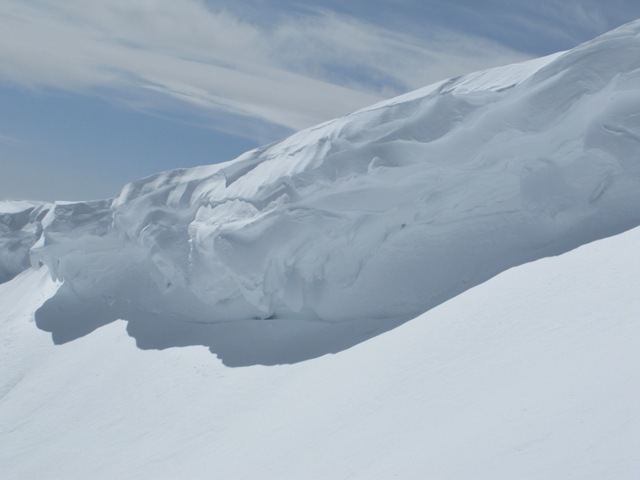Low pressure to our south produced 4" of snow across the range overnight, but unfortunately a storm diving into Arizona means northeast winds for us... this storm is no different. Northeast winds ramped up into the 20's and 30's late last night and are currently gusting into the 50's along the high ridges. Temperatures remained rather mild overnight, just dipping into the low to mid 20's. Riding and turning conditions will be outstanding out of the wind on sheltered, shady slopes.
Recent observations can be found here.
Our entire Uinta weather station network is up and running. A link to real-time wind, snow, and temperature data can be found here.
This monumental achievement couldn't have happened without the joint efforts from the National Weather Service, The Heber-Kamas and Evanston Ranger Districts, Park City Powder Cats, and all the great work by Ted, Trent, Cody, and Al. Thanks to everyone... this is awesome!
Wondering why last winter was so crazy? Click here to watch the 2011-12 Utah Winter Review... an excellent recap of last years conditions.

A small, recently triggered pocket breaking to weak January snow on a crossloaded gully in Chalk Creek.
Click here for recent observations from the region.











